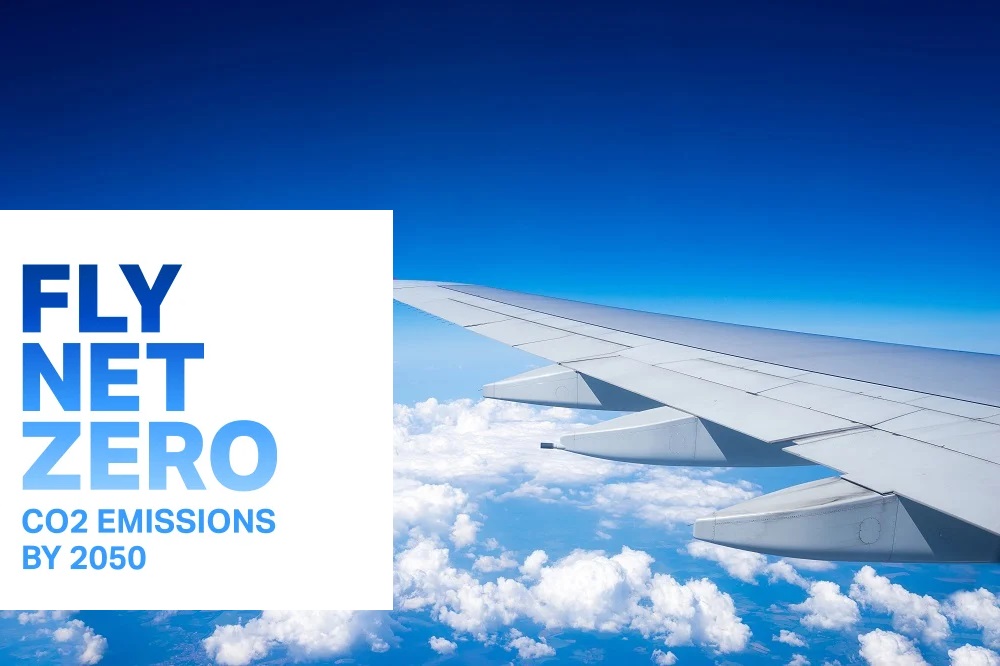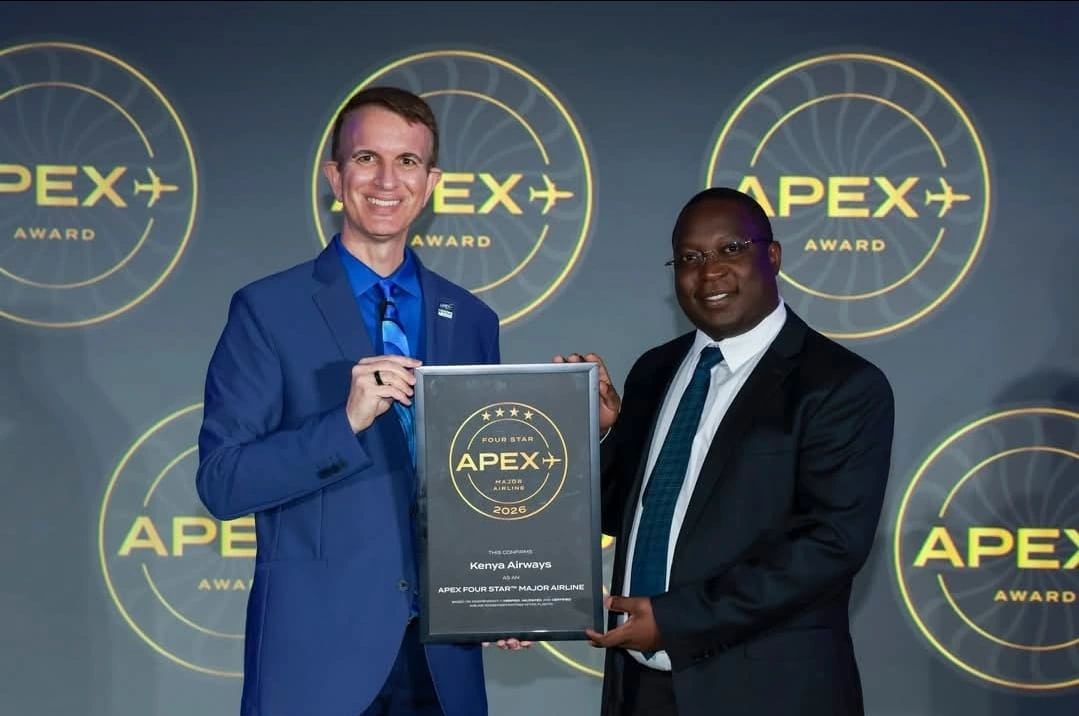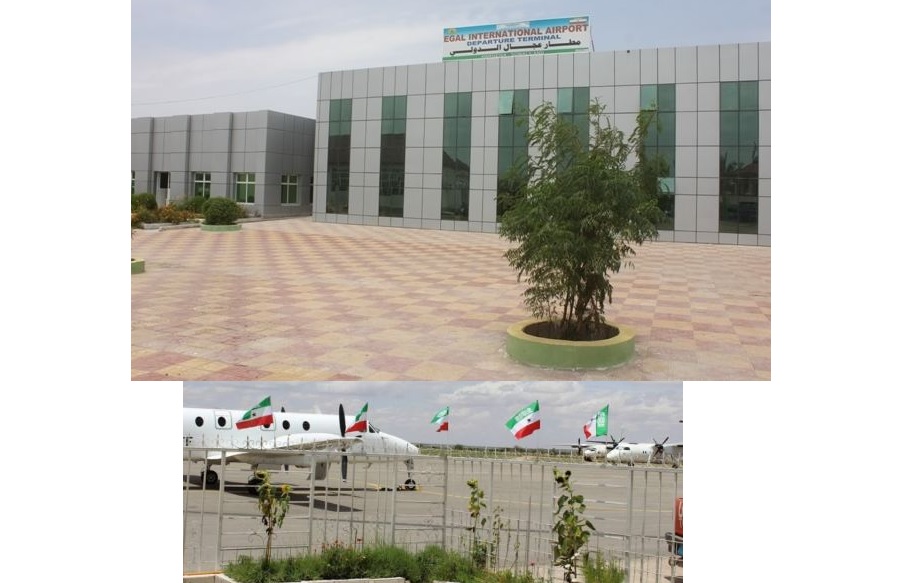The International Air Transport Association (IATA) wants governments to prioritize safety, efficiency and sustainability as the 42nd Assembly of the International Civil Aviation Organization (ICAO).
The ICAO conference, which takes place every three years, kicks off in Montreal on September 23 – October 3, 2025.
IATA has outlined a 14-point agenda that has been approved for discussion during the conference, where governments develop and vote on standards to be adopted by the air industry.
The standards usually draw expertise and input of airline operators worldwide working with the 193 ICAO Member States.
It is critical that we secure stronger support for SAF production and CORSIA as key enablers of aviation’s commitment to achieve net zero emissions by 2050. Equally, we need agreement to follow the principles and provisions of the Chicago Convention to avoid patchworks of debilitating tax measures and passenger rights regulations. And we must shore-up safety with timely accident reports, mitigations for GNSS interference and preservation of critical radio-frequency spectrum.
~ Willie Walsh, IATA’s Director General.
“Many of our submissions to the Assembly are simply asking governments to more effectively implement what they have already agreed. The coming weeks in Montreal are essential to set the agenda,” said Mr Walsh.
Top on the list of the demands is for governments to take stronger policy action in upscaling Sustainable Aviation Fuels (SAF) production. At the same time, IATA wants governments to “address unintended consequences of recently implemented Sustainable Aviation Fuels (SAF) mandates, which present commercial and operational obstacles to SAF deployment, and engage stakeholders across the value chain in the process.”
IATA also wants ICAO members to reaffirm their commitment to making Carbon Offsetting and Reduction Scheme for International Aviation (CORSIA) a success as the only economic measure to manage aviation’s climate impact.
Other demands include revisions to aviation corporate taxes, call to review and align the increasingly onerous regulations by states which result to reduced consumer protection, and a call to protect critical frequencies used by aviation from interference.
Some configurations for 5G rollouts (particularly in the US, Australia and Canada) have created unacceptable risks to aviation safety in the vicinity of airports which required mitigation measures.
~ IATA
IATA is also demanding for ICAO member states to issue timely and complete accident reports, noting that only 57% of accidents between 2018 and 2023 have a publicly available final accident report, and as a result depriving aviation of a vital source of safety information.
The airlines association also wants better coordination between military and civil aviation authorities to provide airlines with timely risk information, especially in areas of conflict.
“Airlines rely on GNSS-based services for safe navigation. GNSS jamming and spoofing incidents are rising in areas near conflict zones. While redundancies exist to preserve safety of flights, this is an unacceptable risk which must be mitigated.”
Other recommendations include increasing the age of pilot retirement age for multi-pilot aircrafts, and the creation of a mechanism to set realistic applicability dates for aircraft mandates, as he current Adopted–Effective–Applicable cycle is lengthy and vulnerable to certification delays, supply‑chain constraints, and global disruptions.




